Major 5G chipmakers like Qualcomm and MediaTek are reportedly moving up their launches by a quarter, which could theoretically make a 5G iPhone possible in late 2019, if still improbable.
Qualcomm is moving up production of all 5G-related chips, including modems and antennas, DigiTimes sources said on Wednesday. That's because "a certain leading smartphone vendor" is allegedly set to launch two 5G smartphones in the first and second halves of 2019.
That vendor is unlikely to be Apple, since the company rarely releases new iPhones before September. It has also veered away from Qualcomm and favored Intel for at least the time being, the result of an ongoing legal war over patents and royalties. All 2018 iPhones use Intel modems despite Qualcomm's technical edge.
Apple may be feeling competitive pressure to adopt 5G, and could potentially turn to Intel if it's one of the chipmakers accelerating its timeline.
Carrier deployment of 5G is still extremely limited and will remain so through at least 2020 for a number of factors. Traditionally, Apple has been slow to support the fastest cellular standards. The iPhone launched without 3G, and didn't support 4G LTE until 2012's iPhone 5. Since then it has also been relatively slow to adopt faster iterations of LTE.
Where available, 5G is powerful enough that it's considered essential to the future of technologies like augmented reality and self-driving cars. Verizon is already marketing 5G as a replacement for landline internet in four U.S. cities.
 Roger Fingas
Roger Fingas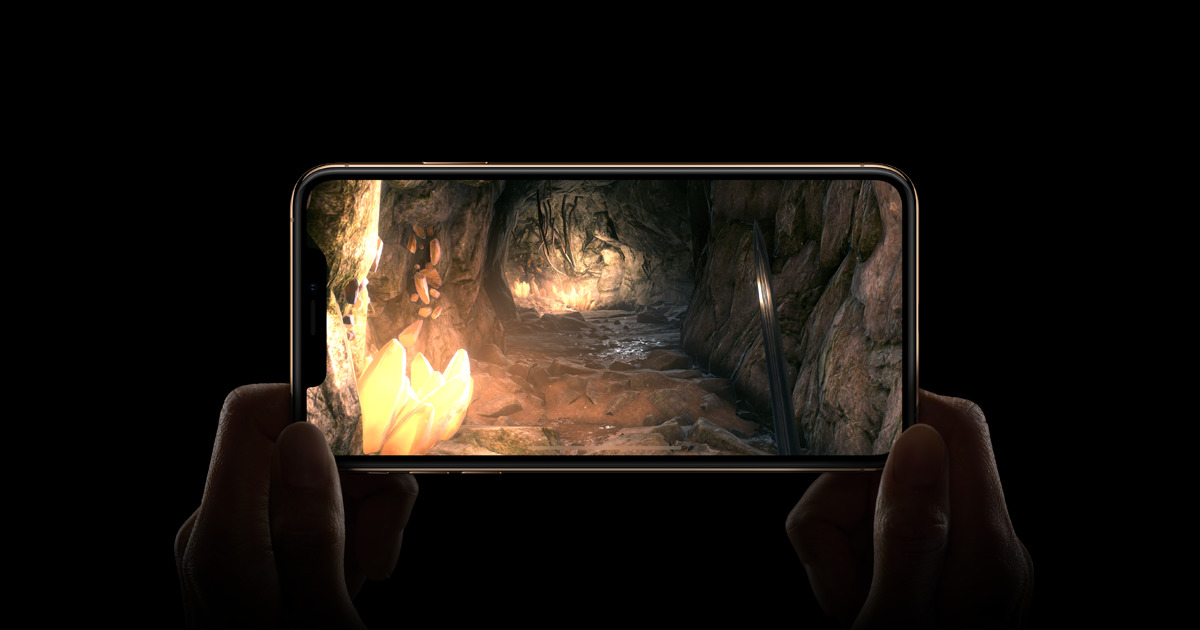







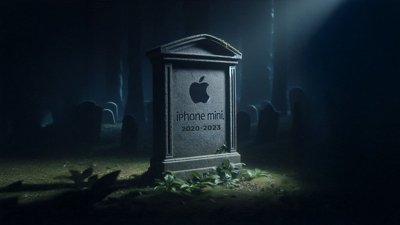
 Amber Neely
Amber Neely
 William Gallagher
William Gallagher
 Christine McKee
Christine McKee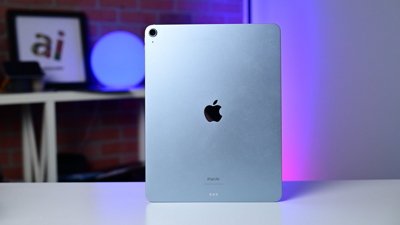
 Andrew Orr
Andrew Orr
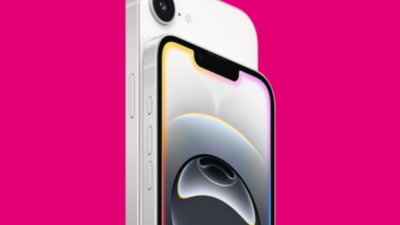
 Sponsored Content
Sponsored Content
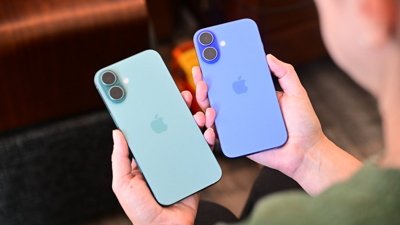


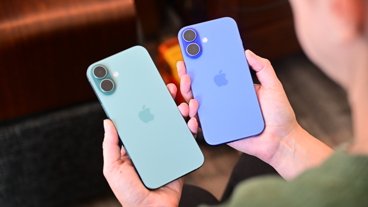






10 Comments
That leading vendor is probably OnePlus
“
So burden a phone with a chip, and licensing fees, it cannot use for two plus years? Yeah, Apple doesn’t tend to do that.
Otoh? A user who really needs 5G won’t be settling for a two or three year old phone to do it with either. We’re bleeding edge all the way.
"Carrier deployment of 5G is still extremely limited and will remain so through at least 2020"
This is the key sentence in the article. Half the time, I can't get decent LTE speeds, but when I can they are more than adequate. I would rather have a solid, energy efficient 4G LTE modem than a cutting edge 5G modem that I'll never use, may be less power efficient and cost more for the manufacturer to put in the phone.
I'm trying to figure out who really 'needs' 5G. I'm guessing it's precious few people, and those people tend to update their phones every few years anyway, so if Apple waits a year or two until the service is actually available the net effect will be minimal.
There’s too much hype about 5G. Real 5G won’t be deployed until late 2020, at the earliest. And really, that doesn’t matter. Widespread 5G won’t be seen for another ten years, maybe 15. That’s according to those in the industry.
and even then, 5G depends on current 4G for most of its services. So most of the time, we won’t even be getting 5G. It doesn’t go through trees, walls and even most windows. Mostly, from what I’ve been reading, transmitters will need to be no more than 30 feet away, at least, in the beginning. After that, maybe 50 feet. Think of how many hundreds of thousands, possibly millions, eventually, of transmitters will be needed to cover the country. How will they be powered? Solar with back-up batteries, very likely. They will be all over the place.
what about indoors? Good question. Will we all be given several of these for our homes?